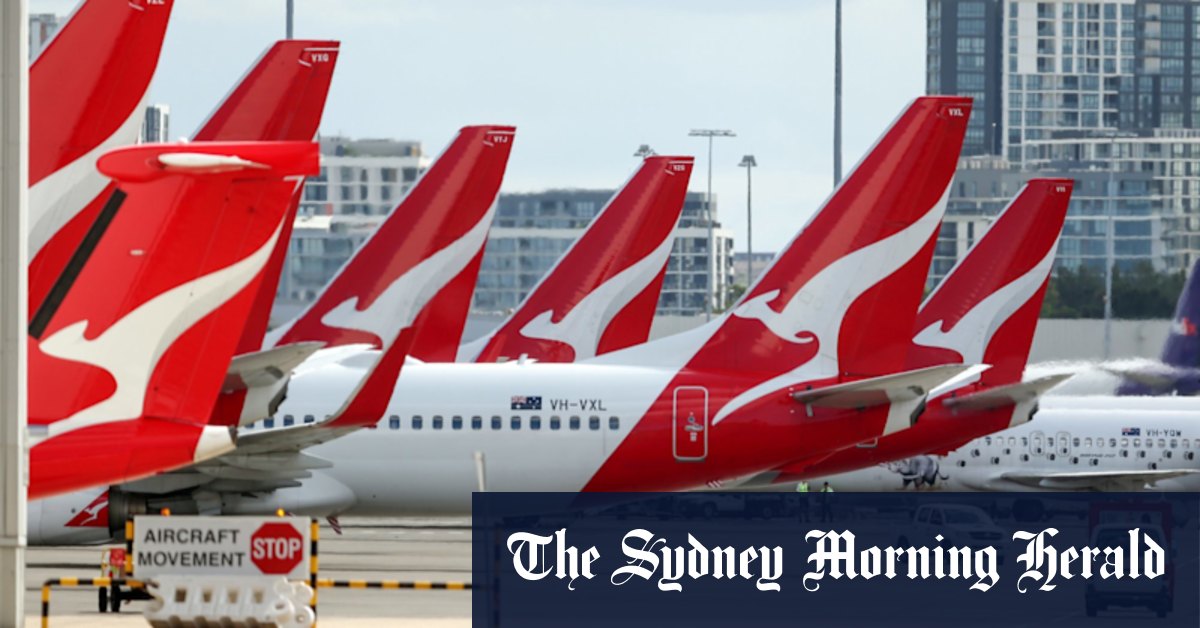
Qantas has been ordered to pay a $90 million penalty after illegally terminating the contracts of over 1,800 workers, marking a significant conclusion to a years-long legal battle that began in 2020. The Federal Court’s Justice Michael Lee delivered the judgment earlier this week, bringing closure to a saga that has highlighted corporate responsibility and workers’ rights amidst challenging economic conditions.
Details of the Legal Ruling
Justice Michael Lee determined that $50 million from the penalty should go directly to the Transport Workers’ Union (TWU), while the remaining $40 million will be held for future payments, with potential disbursement to the affected workers. The TWU advocated for the maximum possible penalty of $121 million, but Qantas sought a lower range between $40 and $80 million. This decision still represents an important victory for the TWU, especially amid ongoing labor and wage discussions in the post-COVID era.
Justice Lee stated that, while the outsourcing decision to terminate ground handling operations at 10 Australian airports affected a large number of employees, it was a carefully premeditated act. He also emphasized the involvement of former CEO Alan Joyce during this process, noting that there were deliberate efforts to shield Joyce’s name from direct accountability in the decision-making process. “The central importance of Alan Joyce to the decision-making processes cannot be understated,” Lee remarked.
A Saga of Worker Disputes
This new penalty is in addition to the $120 million Qantas has already agreed to pay as compensation for the illegally terminated workers. The drama began as the airline, facing immense challenges at the height of the COVID-19 pandemic, decided to outsource its ground staff operations, resulting in over 1,800 job losses.
The TWU challenged the legality of this outsourcing move, claiming it was partly motivated by Qantas’ desire to prevent employees from engaging in future industrial action. Subsequent court rulings upheld the union’s claims, culminating in a unanimous decision against Qantas in the Supreme Court. The judgment is widely seen as a major precedent in corporate accountability.
The Role of Leadership
Details revealed during the hearings painted a concerning picture of how corporate decisions were handled at the top levels of Qantas management. Eyeing further liability prevention, it was reported that Qantas had devised plans to strategically assign key decision-making roles in the outsourcing process to specific individuals, minimizing broader executive exposure.
Alan Joyce, who stepped down from his role as CEO in 2023 after 15 years with the airline, has faced widespread criticism over his handling of the company’s workforce reductions. While Joyce publicly acknowledged the challenges Qantas faced during the pandemic and his role in critical decisions, he stopped short of issuing a formal apology.
Moving Forward
Since taking over from Joyce, current Qantas CEO Vanessa Hudson has worked to restore the airline’s reputation, focusing on improving customer trust, operational performance, and internal morale. Hudson, who served as CFO at the time of the sackings, has expressed her “sincere apologies” to the workers and their families.
Meanwhile, Joyce’s total compensation during his tenure has drawn attention, especially in light of the controversy surrounding the airline’s actions. By the end of 2024, Joyce’s earnings for his final year were reportedly as high as $23.6 million, including incentives and performance bonuses, although the Qantas board reduced his pay by $9 million following a leadership review.
Corporate Accountability in the Spotlight
The Qantas case serves as a stark reminder to corporations of the importance of ethical decision-making, particularly during times of crisis. Justice Lee underscored that businesses cannot manipulate processes or evidence to evade accountability, stating, “The message must be sent to the broader corporate community that you cannot play the court for fools.”
As the aviation industry continues to rebound post-COVID, the Qantas ruling is expected to resonate across corporate spheres, reinforcing the criticality of fair treatment for employees during challenging times.






